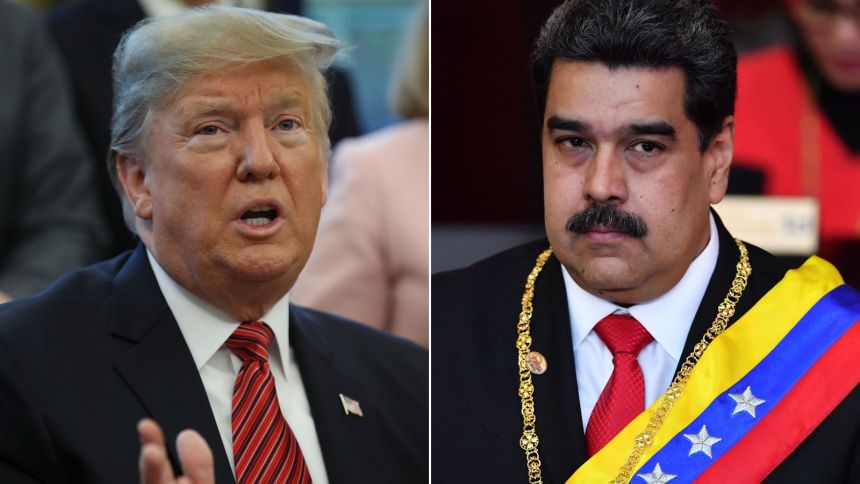The International Monetary Fund (IMF) has praised Nigeria for recent economic and financial reforms, describing the policies as steps toward macroeconomic stability and resilience. In its latest Article IV Consultation, the IMF acknowledged what it called “bold and politically difficult” decisions taken by Nigerian authorities to restore confidence in the country’s financial system.
A key focus of the report was the effort to restore the independence of the Central Bank of Nigeria (CBN). The IMF noted that Nigeria had significantly reduced its use of the “Ways and Means” facility, a controversial mechanism that previously enabled the government to finance budget shortfalls directly from the central bank. As of April 2025, these advances had been reduced by nearly 90 per cent, a move the Fund described as critical to improving monetary discipline and central bank governance.
The IMF also highlighted progress in the fight against inflation, noting that headline inflation, which had peaked above 40 per cent, fell to 22.9 per cent in May 2025. The Fund described the CBN’s monetary policy stance as “appropriately tight” and recommended that this approach be sustained until inflation is further contained.
Another area of reform commended by the IMF was the overhaul of the foreign exchange regime. Under Governor Olayemi Cardoso, the CBN ended the multiple exchange rate system and introduced a market-driven “willing-buyer, willing-seller” model supported by a digital trading platform, B-Match. The reforms, according to the IMF, helped narrow the gap between the official and parallel markets, from over 60 per cent to under 3 per cent.
Foreign currency inflows were reported to have risen to $6.9 billion in the first quarter of 2025, and international reserves reached $40.9 billion by the end of 2024—enough to cover over eight months of imports. The IMF attributed these developments to increased investor confidence and improved FX liquidity, following Nigeria’s return to the Eurobond market earlier this year.
The IMF also acknowledged the government’s efforts to strengthen the banking sector. It noted ongoing plans to raise banks’ minimum capital requirements by March 2026 to ensure that the financial system remains robust and capable of supporting economic growth. The Fund further recognised initiatives to expand financial inclusion, including the Women’s Financial Inclusion Initiative (Wi-Fi), which targets underserved populations through digital services and financial literacy programs.
On regulatory matters, the IMF welcomed Nigeria’s steps to improve its anti-money laundering and counter-terrorist financing (AML/CFT) framework. It encouraged continued progress to meet international standards and exit the Financial Action Task Force (FATF) “grey list,” which includes countries under increased monitoring.
Despite the improvements, the IMF cautioned that significant structural challenges remain. It identified inflation, insecurity, underinvestment in infrastructure, and weak public service delivery—especially in health, education, and energy—as major risks to sustained growth. The Fund called for continued reforms in agriculture, power supply, and governance to improve Nigeria’s resilience and competitiveness.
The report also underscored the importance of clear communication and coordination among fiscal and monetary authorities, particularly as the global economic environment remains uncertain.
Reacting to the report, CBN Governor Cardoso described it as a “reaffirmation” of the central bank’s approach. “At a time of global uncertainty, this assessment reaffirms that responsible, forward-looking policy choices matter,” he said. “It is both an encouragement to stay the course and a reminder that resilience and prosperity require continued discipline and vision.”






